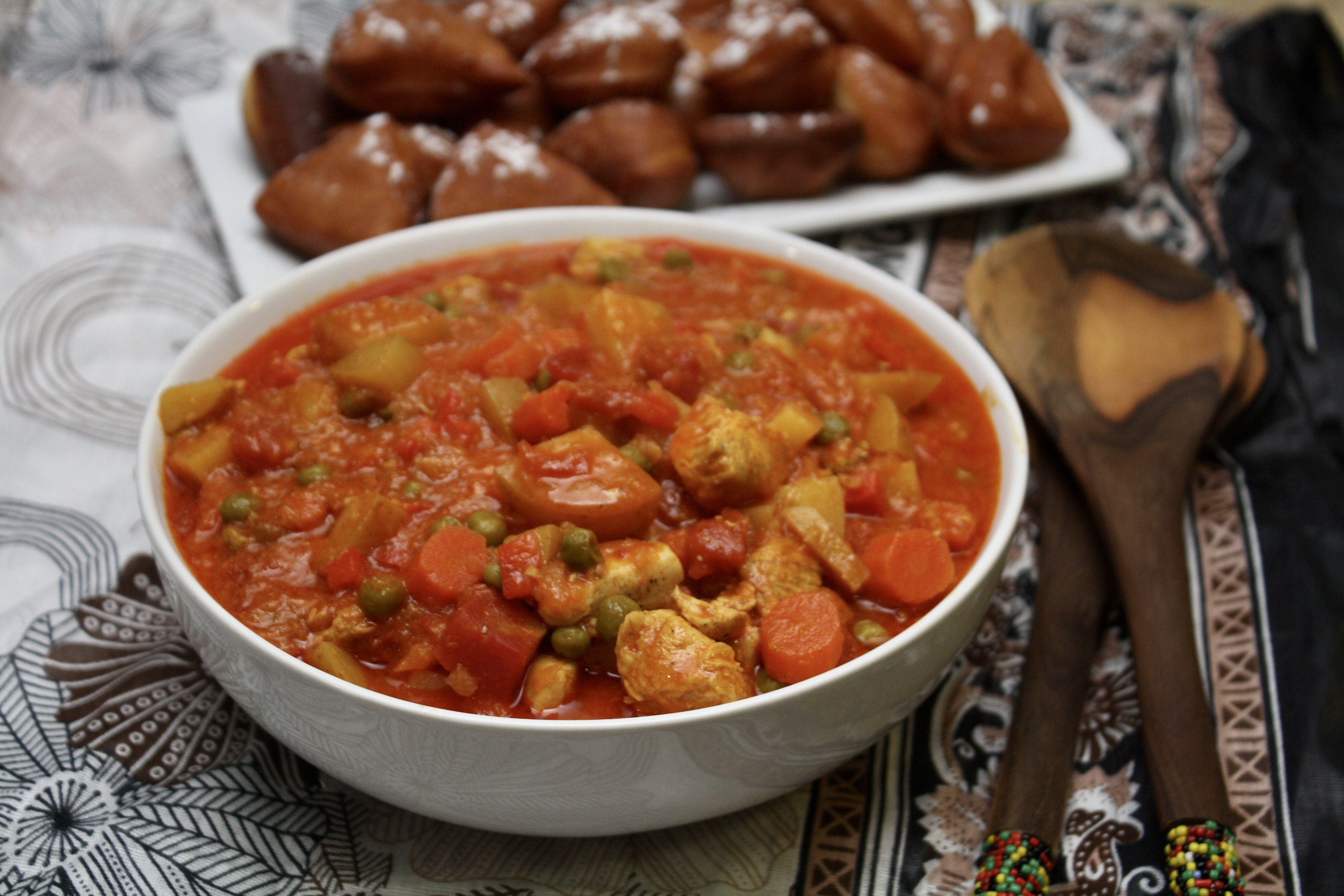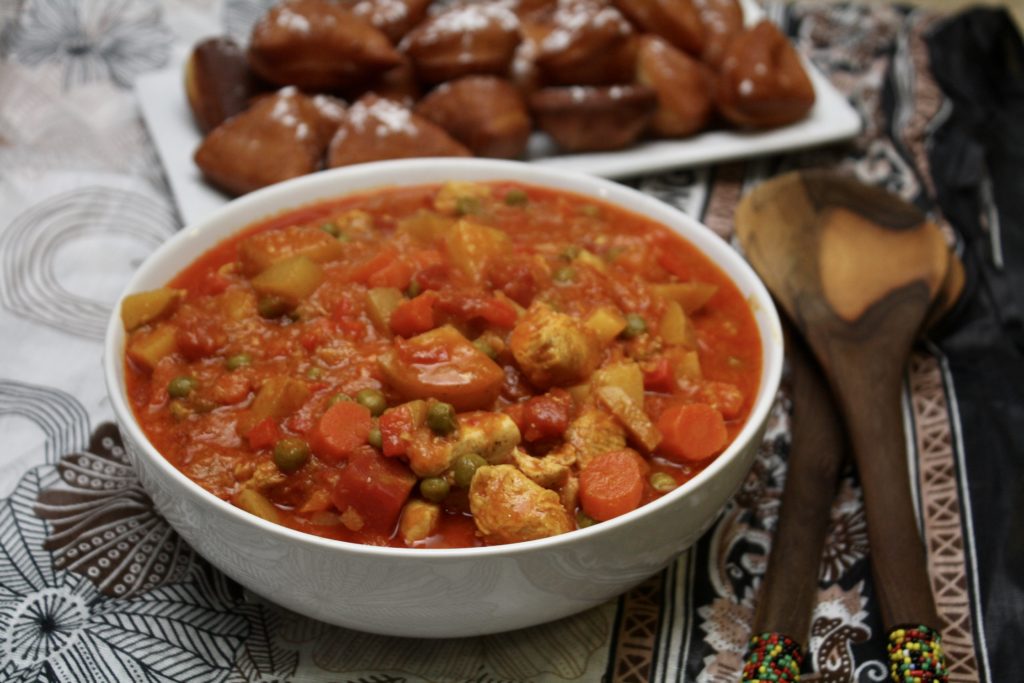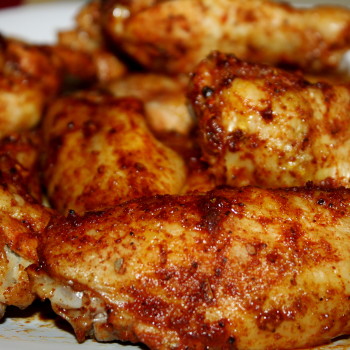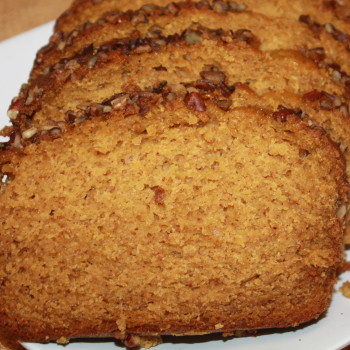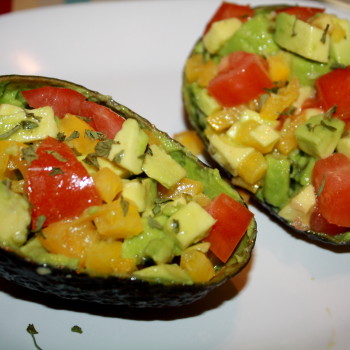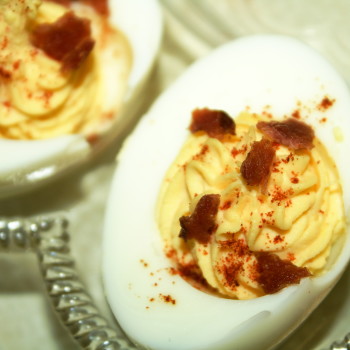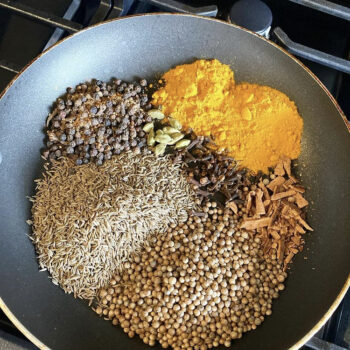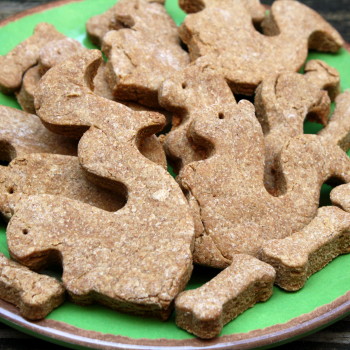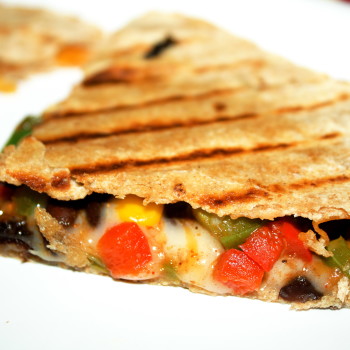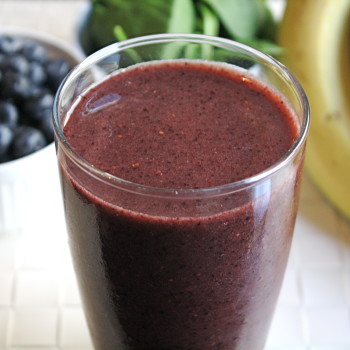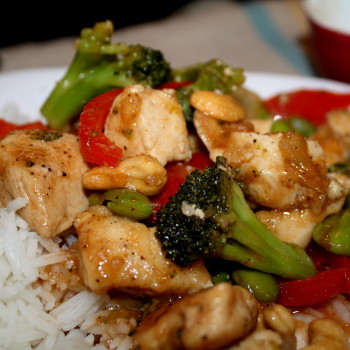“If we are to preserve culture we must continue to create it.” – Johan Huizinga
Ramadan began this week and this year marks ten years I have been celebrating this holiday with my husband and his family. It took me a little while to find my own meaning and discover how to honor this holiday in my own way. For me, Ramadan is a time to slow down and appreciate all the blessings I have. It is a time to reflect on my life through prayer and it is a time to celebrate Islamic culture.
Cooking is one of my favorite ways to celebrate and honor Ramadan. I love to make traditional family recipes, especially now that we live in Michigan. Making family meals makes me feel connected to our family despite being far away. Some of the traditional African recipes I learned from of our immediate family and some recipes I learned while we traveled to Africa and stayed with our extended family. When we traveled to Africa for our honeymoon Ramadan started the week we left, but we were still able to celebrate with family and experience a traditional Ramadan in those last few days of our visit. Those are some of my favorite memories because we were welcomed in so many different homes and visited with many relatives. I loved seeing all the different food preparation and we were able to taste and try so many unique foods.
Mchuzi is the Swahili word for “stew.” It can be prepared with beef, chicken or lamb. While we stayed in Zanzibar with family we tried many different variations. One of the things my husband first told me about Mchuzi was that it is prepared differently in each household. I loved the idea that there is a “base” recipe and from there you can make it your own. It has taken me years and many attempts to have finally created our family recipe but for us, this is it. This recipe is full of vegetables, traditional Africa spices and uses coconut cream for a rich coconut taste. I prefer to make Mchuzi thick which is why I use a base of coconut cream and tomato paste. I hope you enjoy this recipe as much as we do.
Ramadan Kareem from our family to yours!
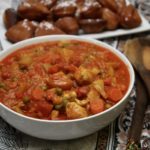
- Yield: 6-8 generous servings
Ramadan Recipe Series: Mchuzi Wa Kuku (Chicken Stew)
Adapted from a family recipe and Taste of Tanzania: Modern Swahili Recipes for the West by Miriam R. Kinunda
Ingredients
- Ghee (clarified butter) - 2 tablespoons, divided
- Canola Oil - 2 tablespoons, divided
- Yellow Onion - 1 cup, diced
- Baby Yellow Potatoes - 1/2 lb., cut into cubes (approx. 2 cups)
- Boneless, Skinless Chicken Breast - 2 lbs, cut into cubes
- SPICES
- Fresh Ginger - 1 tablespoon, minced
- Fresh Garlic - 2 tablespoons, minced
- Oregano - 1 teaspoon
- Cumin - 1 teaspoon
- Coriander - 1/2 teaspoon
- Turmeric - 1/2 teaspoon
- Black Pepper - 1/2 teaspoon
- Salt - 1/4 teaspoon
- Cardamom - 1/4 teaspoon
- Vegetables & Sauce Ingredients
- Carrots - 1/2 cup, chopped
- Peas - 1/2 cup
- Red Bell Pepper - 1/2 cup, chopped
- Green Bell Pepper - 1/2 cup, chopped
- Tomato Paste - 2 tablespoons
- Coconut Cream - 1/2 cup
- Canned diced tomatoes - 1 - 14 oz can
- Chicken Broth - 1 cup (optional if you do not want a thick stew)
Instructions
- Heat 1 tablespoon ghee and 1 tablespoon canola oil in a large pot over medium-high heat. Add in the chopped potatoes and onions and cook until potatoes are brown and fried (approximately 10-15 minutes), stirring occasionally. Remove the potatoes from the pan and set aside on a plate.
- Add remaining one 1 tablespoon ghee and 1 tablespoon oil into pan.
- Mix together the spices and rub over the chicken. Add chicken to the pan, then cover and cook for 10 minutes until browned, stirring occasionally.
- Add in the chopped carrots, peas, chopped red and green peppers and the potatoes previously set aside.
- Pour in the canned diced tomatoes, coconut cream and two tablespoons tomato paste and stir until combined. If you are using chicken broth to thin out the mixture you can add it during this step; I like a thick stew and usually only use 1/4 cup chicken broth.
- Bring the stew to a boil then cover and simmer over medium-low heat for 30 minutes.
- Serve with a side of rice, mandazi or chapati.

